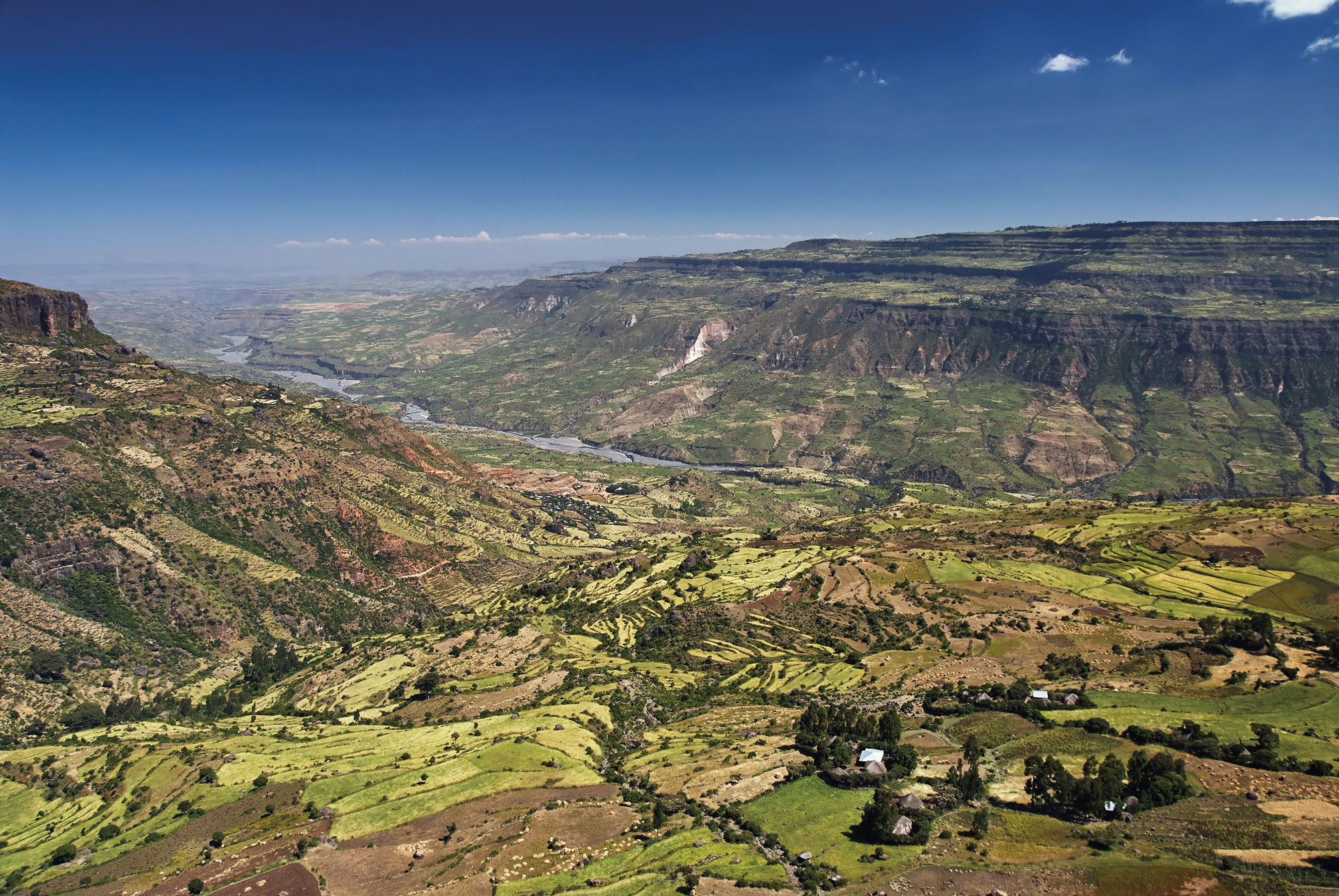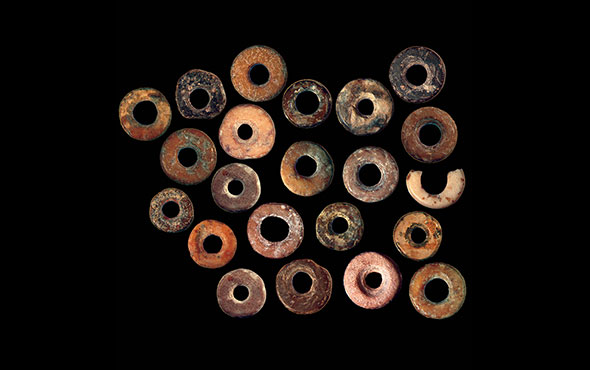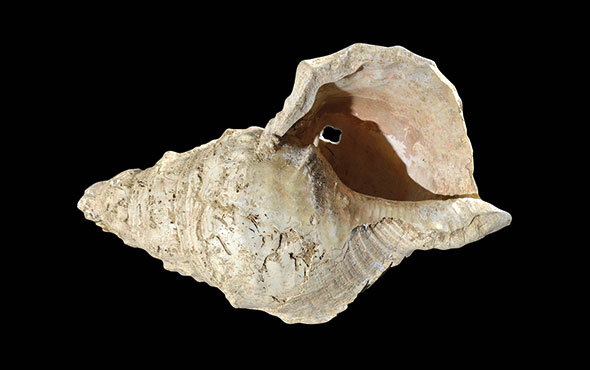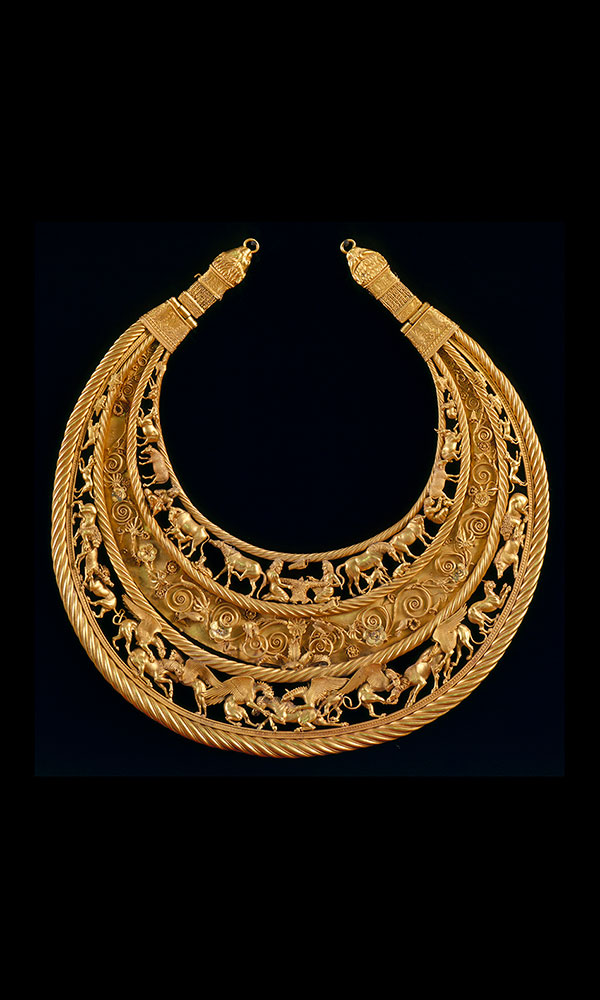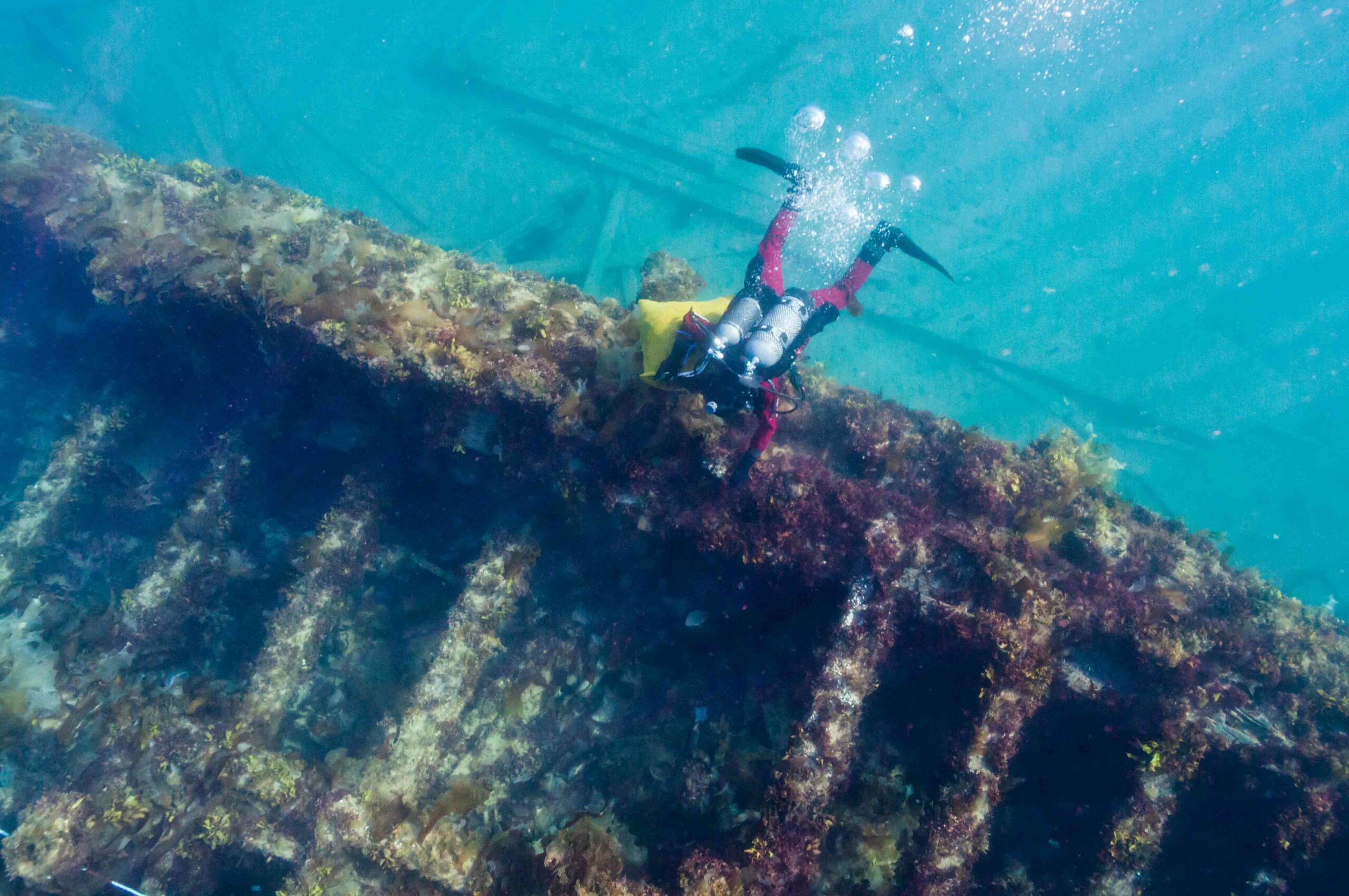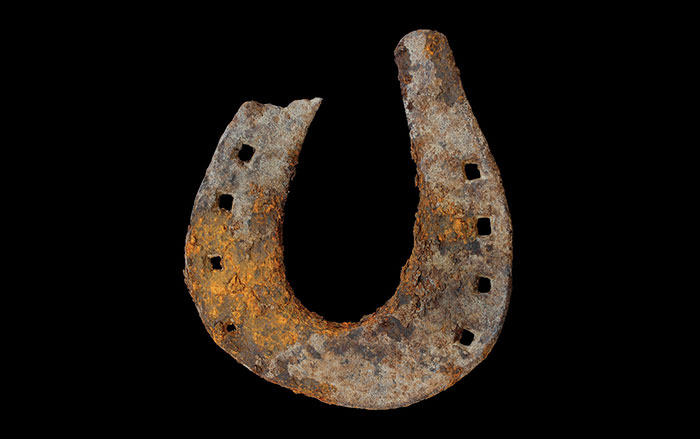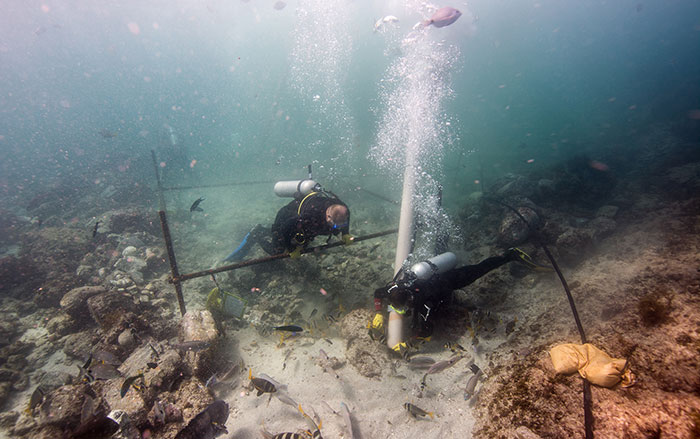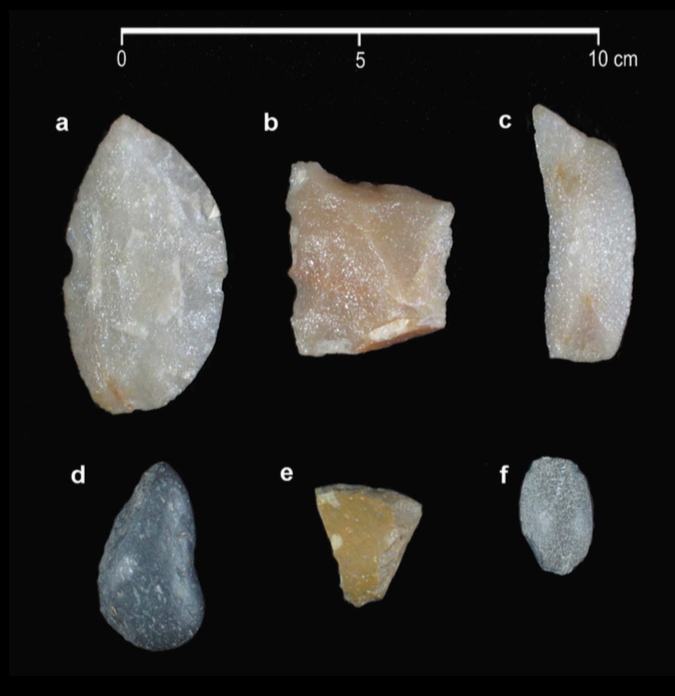
TRES ARROYOS, ARGENTINA—Archaeologists digging a prehistoric campsite in Argentina have discovered evidence that humans first began visiting the location some 14,000 years ago, reports Ars Technica. Long-term excavations at the site, known as Arroyo Seco 2, have unearthed dozens of flint and quartzite tools, as well as numerous butchered animal bones representing a number of now-extinct species. While horses were the most common animal to be found at the site, the researchers have also discovered the remains of ground sloths, camels, and giant armadillos. The earliest radiocarbon dates from the site support the theory that humans first reached the New World by 17,000 to 15,000 years ago. To read more in-depth about these early people, go to “America, in the Beginning.”



